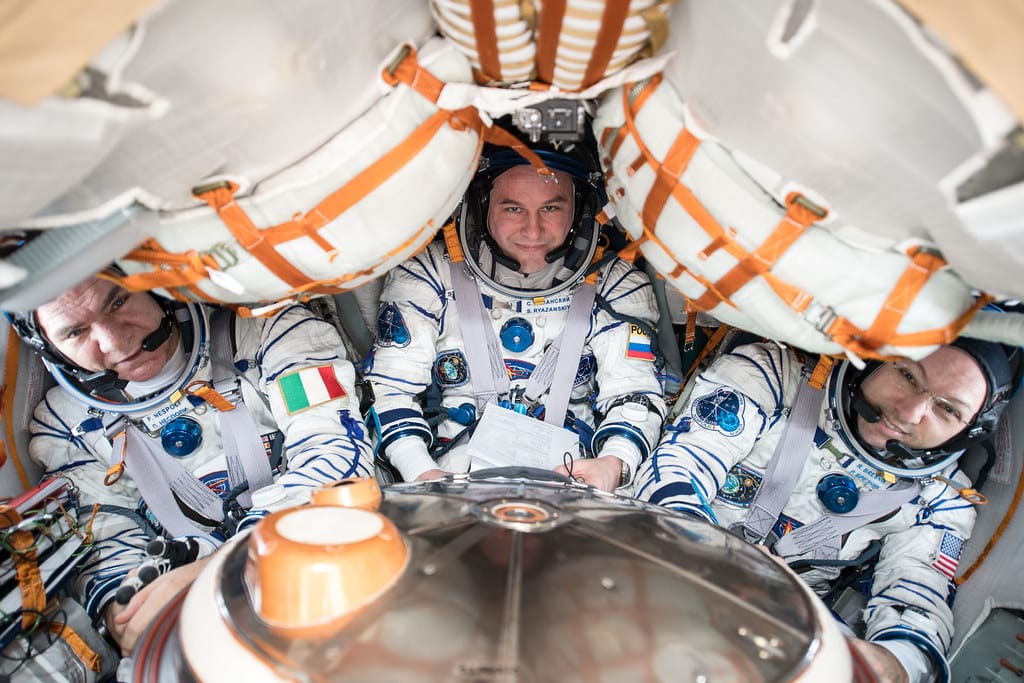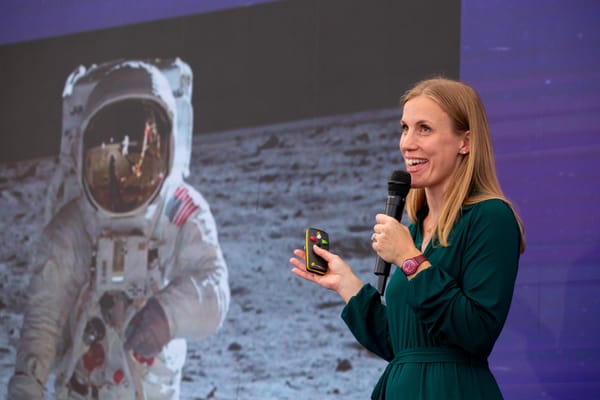Exploring Human Performance Capabilities
Lesson 6 from ESA Astronaut Training

✨ This post is from the archive 🏛️. Migrated from Substack when we moved our writing to Ghost. ✨
This lesson focused on the essential aspects of Human Performance Capabilities in spaceflight. This was particularly crucial for understanding the limitations and abilities of humans in general, and in the unique environment of space.
We explored how various factors such as physical workload, sensorimotor function, visual and auditory perception, and cognitive workload are impacted during space missions.
The objective of this module was to provide a comprehensive overview of how human performance is affected by spaceflight and to discuss effective countermeasures.
As with the other lessons, these insights are vital for ensuring the safety and efficiency of astronauts as they carry out their missions, and were given from a Human Factors perspective.
The ESA medical and exercise team gave more in-depth training and protocols on how to handle the physical changes.
Key highlights from today's lesson included:
🏋️♂️ Physical Workload: Understanding cardiovascular de-conditioning, muscle atrophy, and bone density loss in microgravity, along with countermeasures like aerobic and resistance training.
🤸♀️Sensorimotor Function: Addressing issues like spatial disorientation and balance deficits and exploring countermeasures such as adaptive training and optimised cockpit design.
👁️👂Visual and Auditory Function: Emphasising the importance of visual and auditory perception in the design of crew interfaces and communication systems.
🧠Cognitive Workload: Discussing the cognitive challenges astronauts face and how systems can be designed to support their decision-making and problem-solving abilities.
Cognitive workload, in particular, is a crucial factor in both space and everyday work environments. Under-load can lead to boredom and decreased vigilance, while overload can result in errors and decreased performance.
Understanding and managing cognitive workload helps ensure that astronauts, and indeed all of us, can perform effectively and safely in high-stakes situations.
Question for you: How do you manage cognitive workload in your organisation? What strategies have you found effective? I'd love you to comment below with your thoughts!





